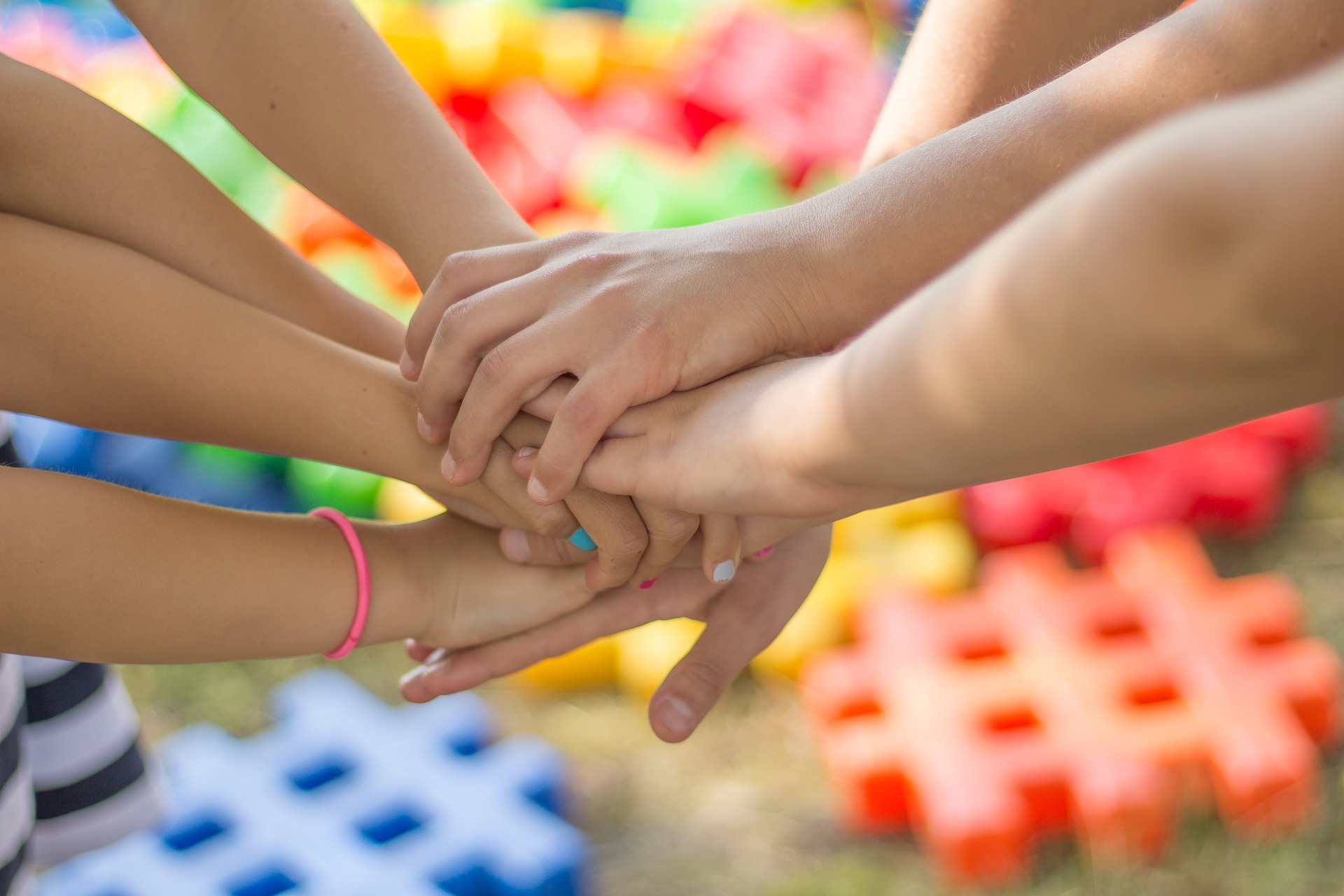Teach our children to like themselves first
A big issue for children at any age is to find a friend. I would also add to this that sustaining friends can be difficult for some children. Once a child feels vulnerable and struggles to settle into a friendship, they often manifest behaviour which can be quite unattractive to other children generally in the form of attention seeking, sulking etc.
Once a child is at peace with themselves, they will naturally attract others. Often parents come up with all sorts of suggestions to their child about how to make a friend, most fail as this is not the way to attract others to you.
A parent can help by simply supporting the child to notice and enjoy their own person.
For example, when you notice a strength of your child, talk about it.
When you see them being joyous and happy comment on how attractive they are when they smile.
Every time you notice how positive others are to your child, comment.
“It looks like Jenny likes the way you pass the ball in basketball”
“Did you notice how Josh smiles at you when you told that joke”.
Here you are simply encouraging them to reflect on their behaviour and the impact it has on others.
In working with children, I would sometimes encourage children to write down something that they like about another child. When that child read what was written about them, it had quite an impact recognising how they were valued.
Some children develop very early the art of establishing friends. One could say it almost comes naturally to them. The truth is that others like their steady, calm style.
However, most children have to work at building friendships, slowly and steadily and many go through the pain of losing them and having to re-establish themselves. This is quite normal and over time most develop sound strategies in building lasting relationships after much trial and error.
As a parent, your role is to raise their awareness of how capable they are in various areas especially social areas. I know of several parents who have a regular activity of writing down noticeable behaviours of their children that are very favourable especially when they interact with others.
For example:
“ I noticed how happy Jack was when you helped him with his Lego set.”
As the child grows more in personal self-confidence and emotional maturity, they will naturally attract others. They will learn the important rule that relationships work well when you value the other person.
Never underestimate how they observe your relationships with friends.
It is all about watch and learn from parents!
It’s important a child is at peace with themselves so that they will naturally attract others.












